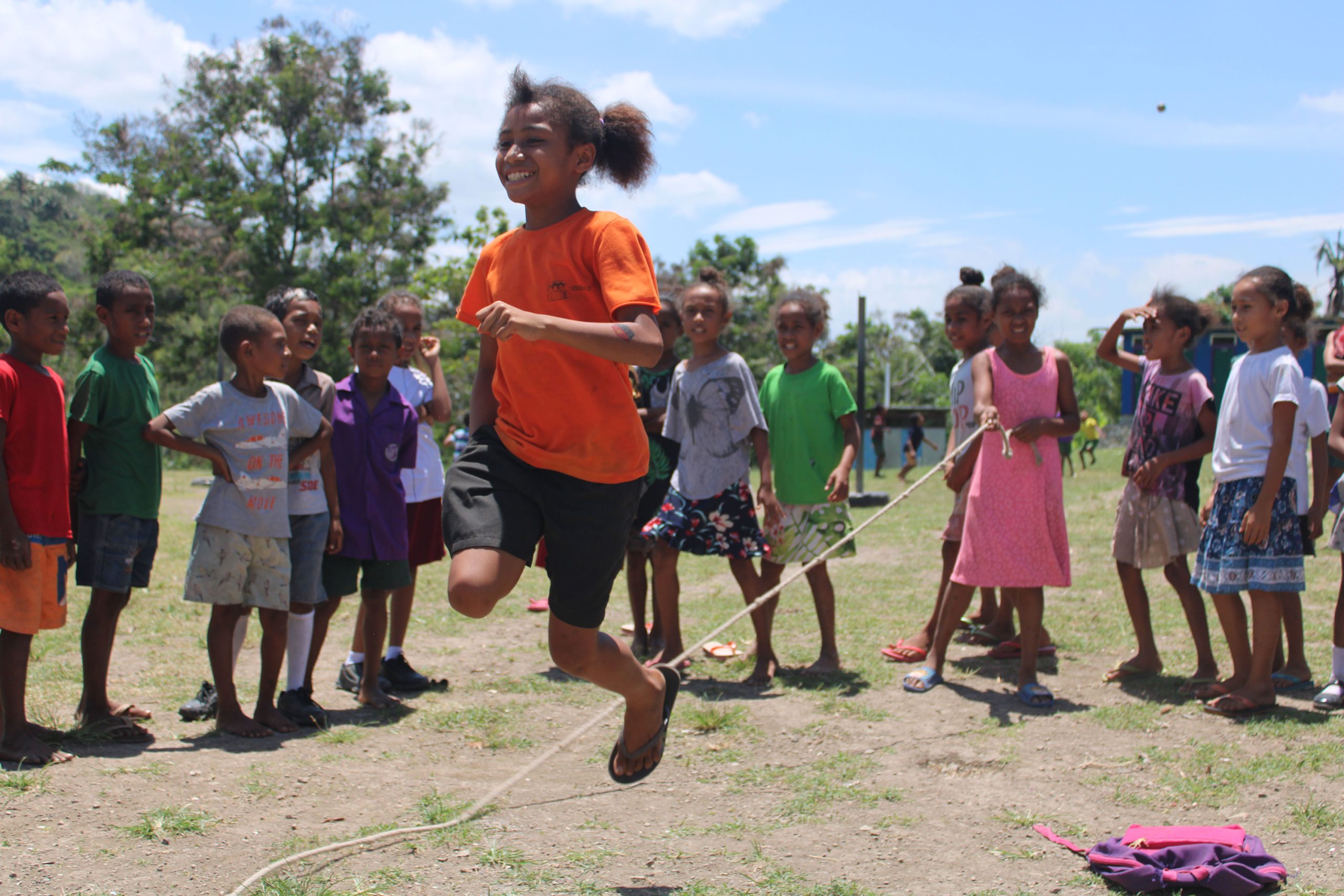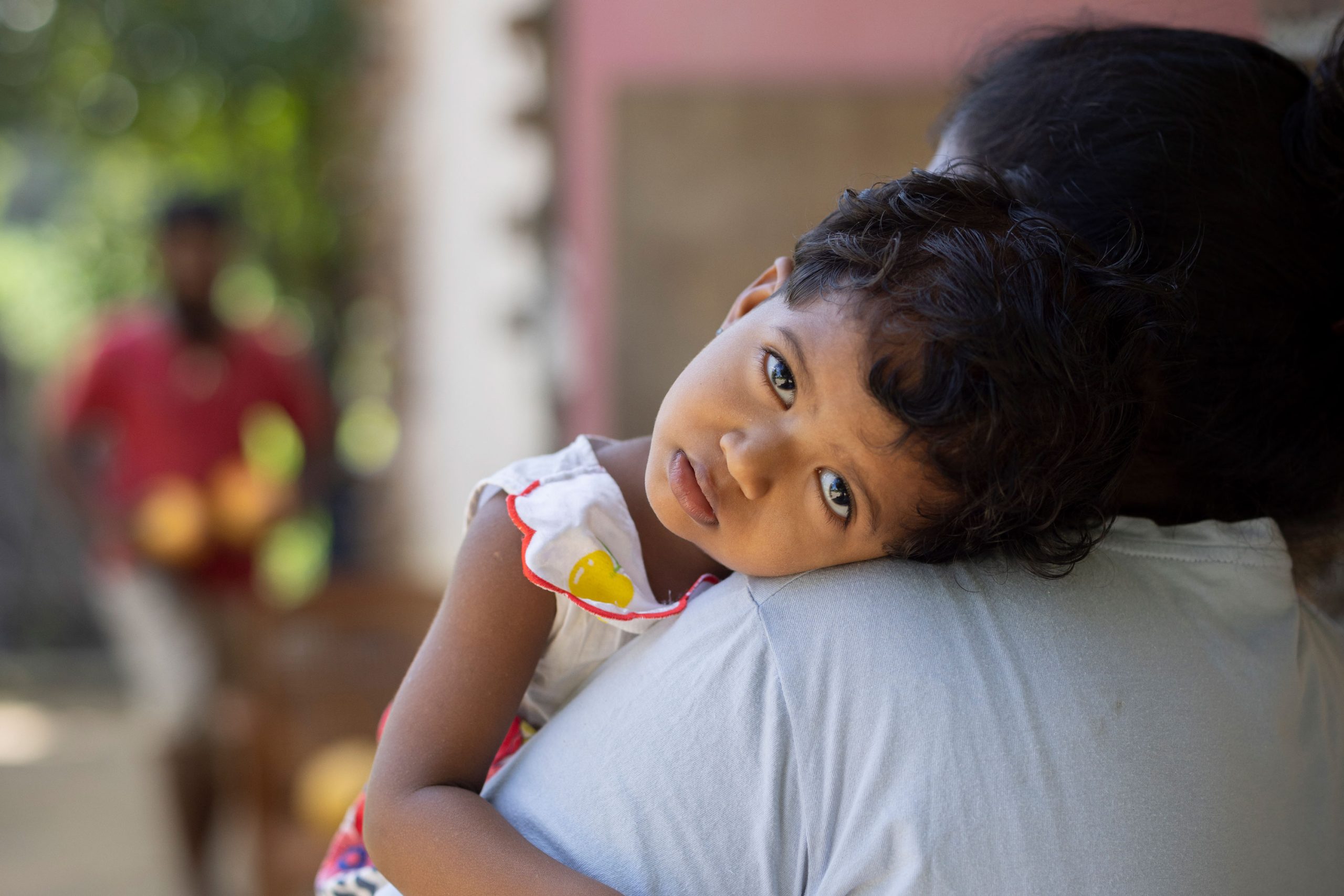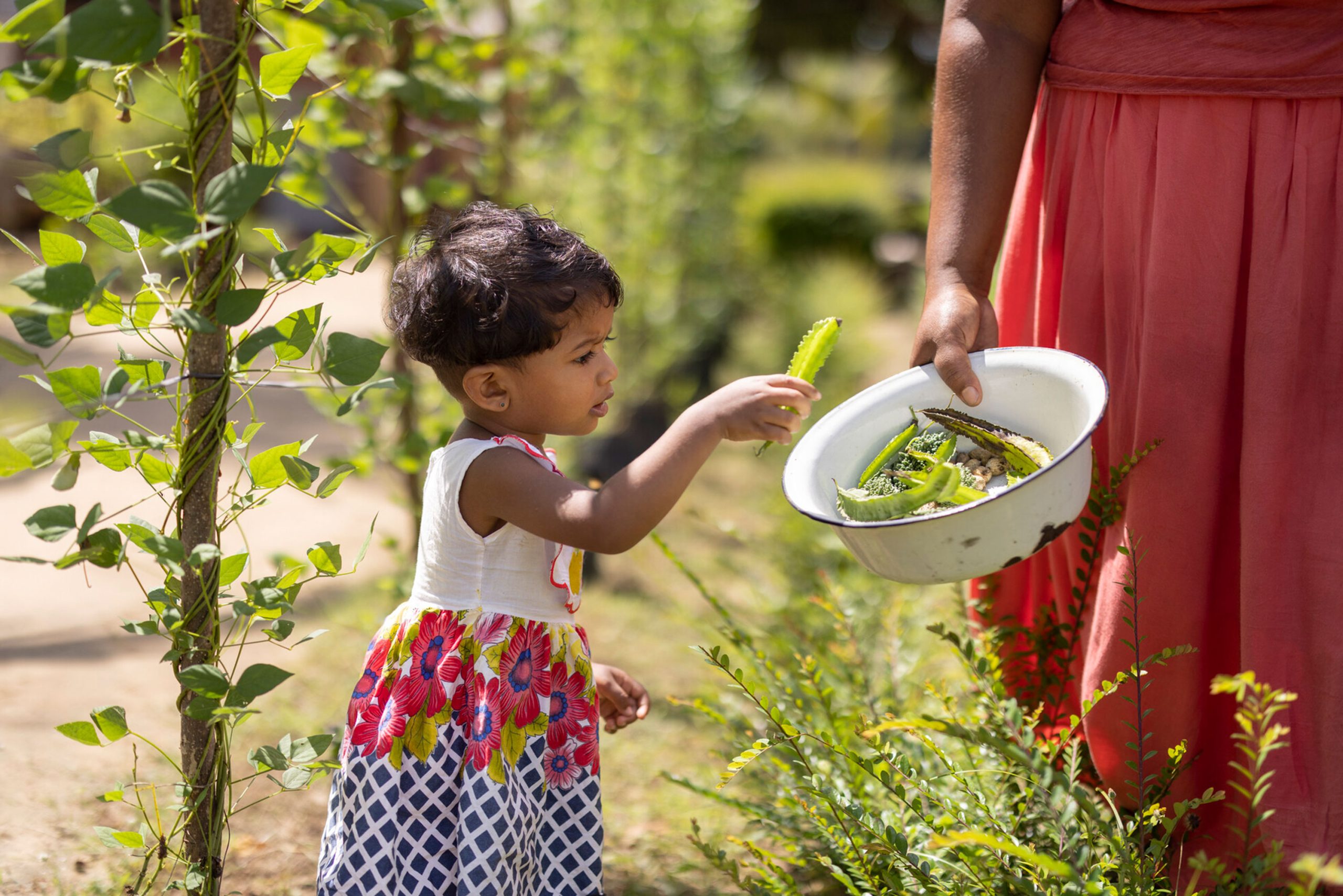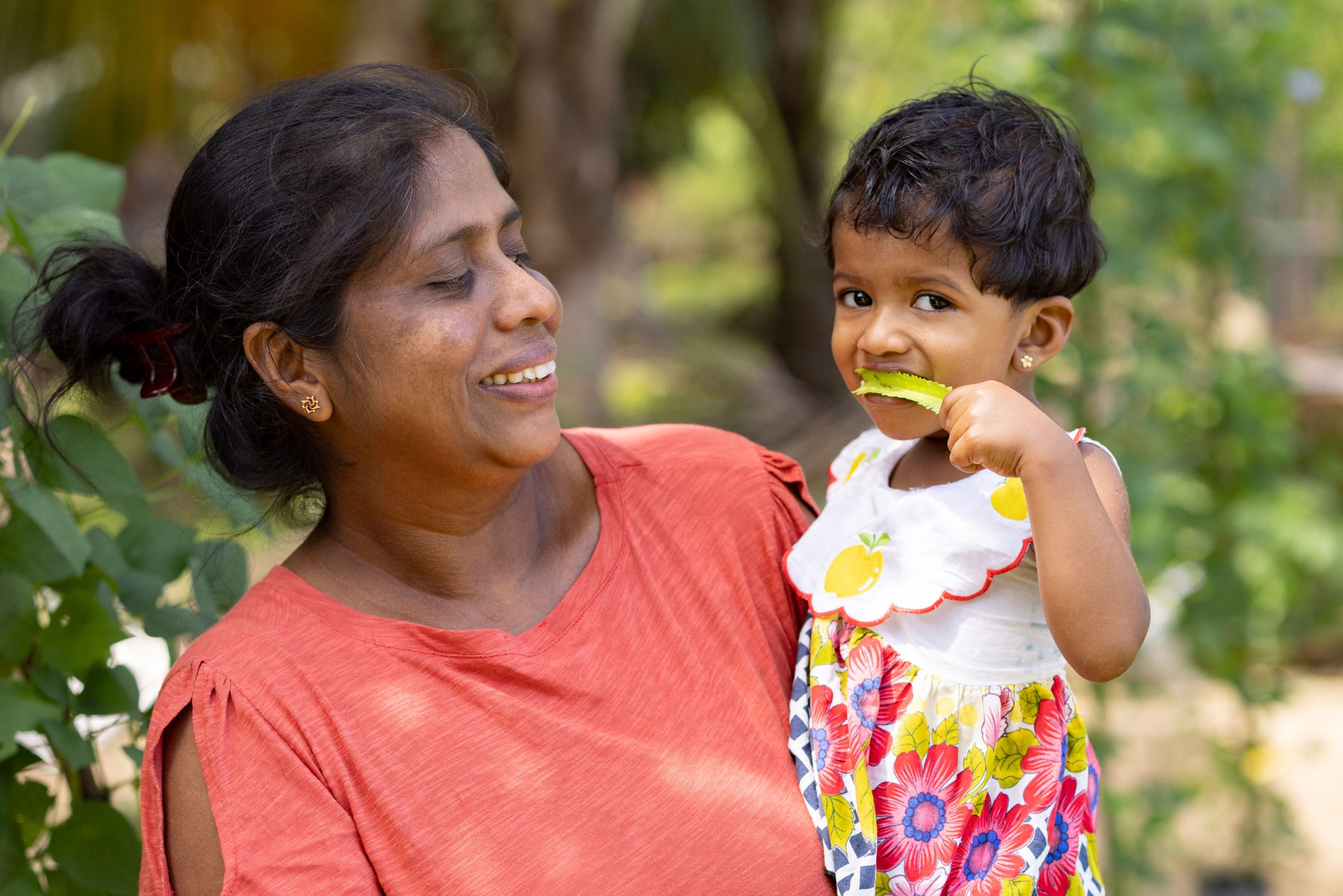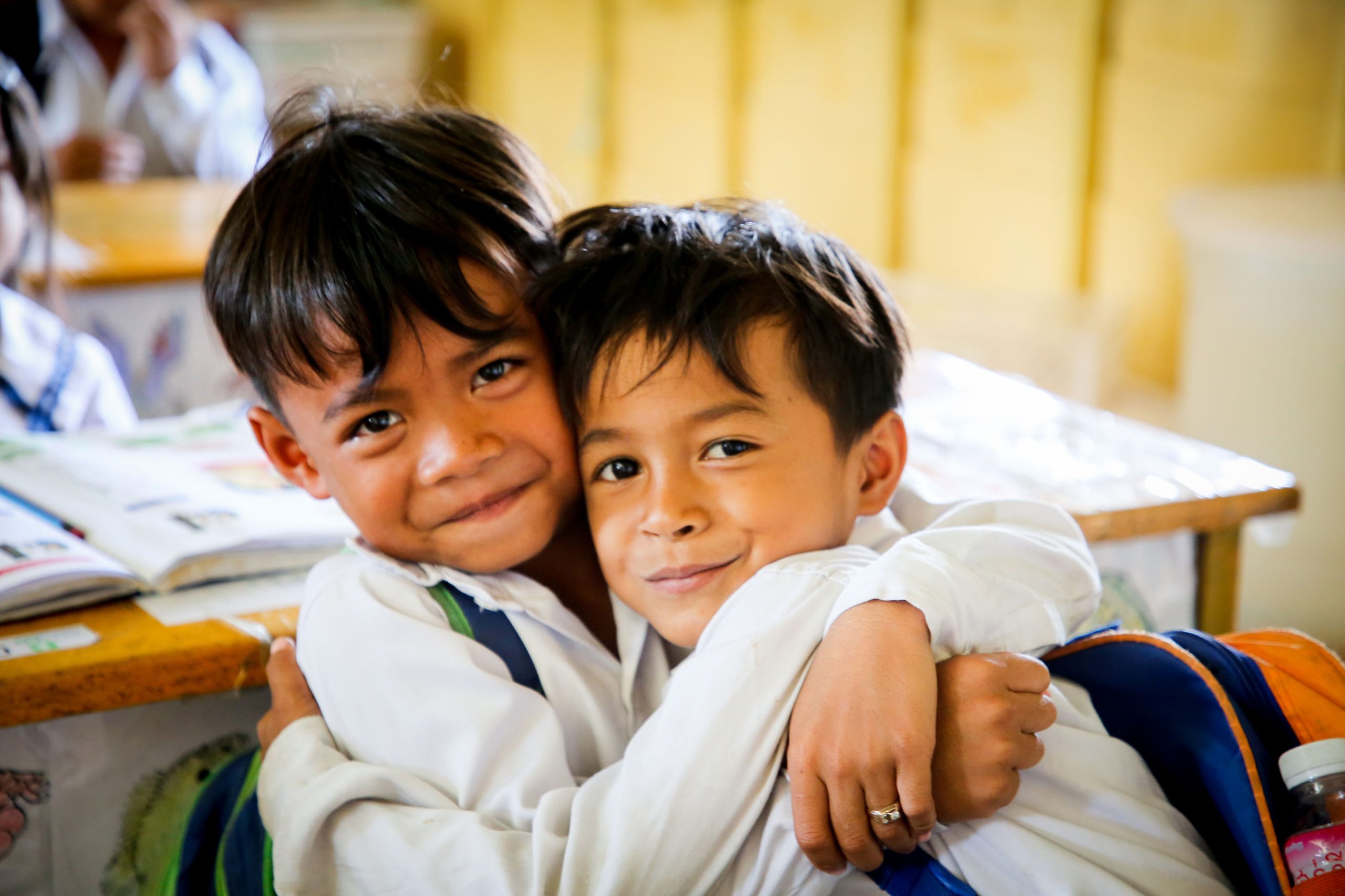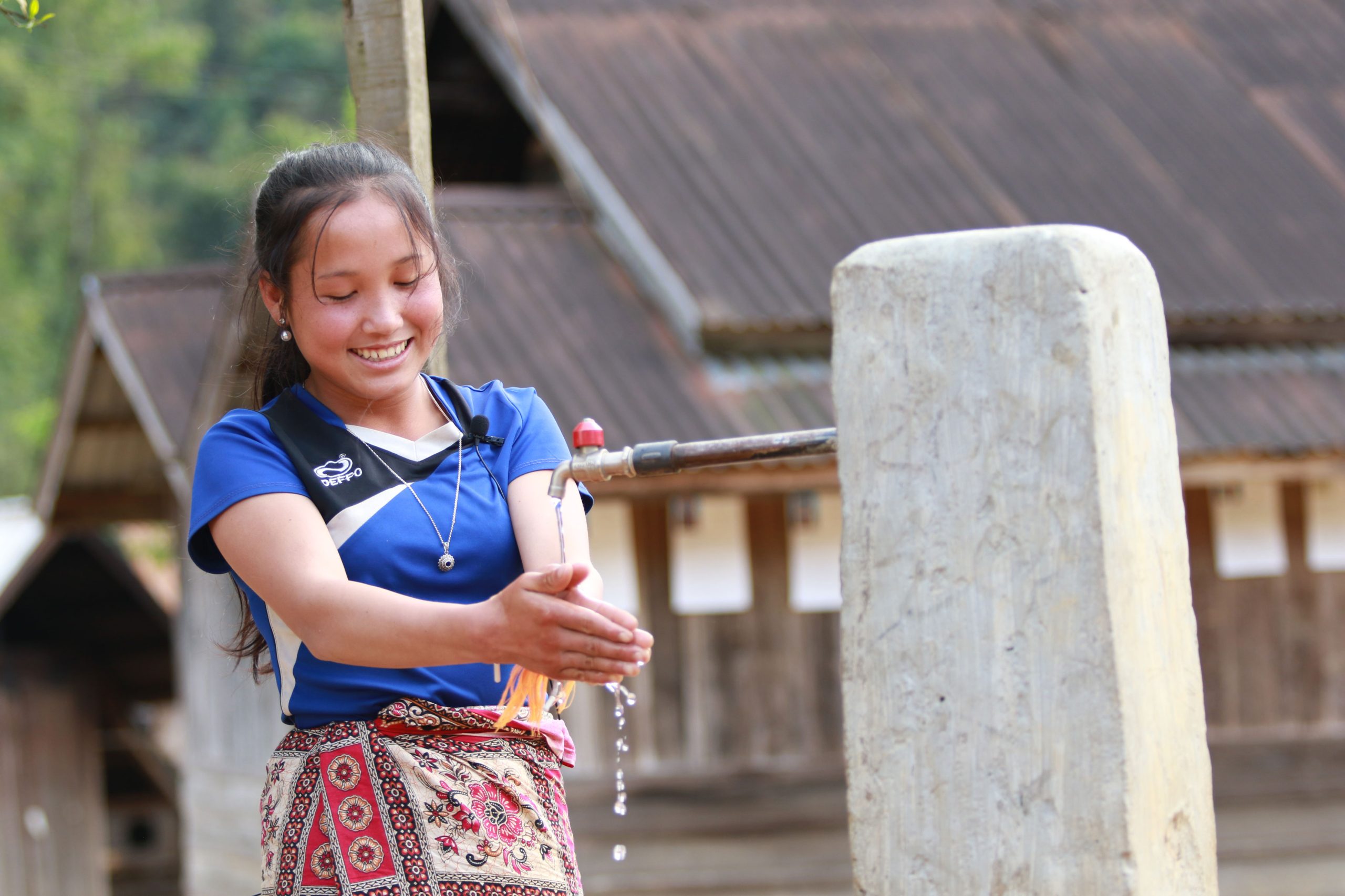Thank you from ChildFund Australia
Together, we’ve created positive change for children and young people around the world despite the ongoing adversity that many families and communities continue to face.
Your commitment has enabled ChildFund and our local partners to support children and young people to be as safe, healthy, and educated as possible.
By Margaret Sheehan,
CEO ChildFund Australia
Scroll down to read more on how your support has helped make a difference for children this past year.
Donations from ChildFund Australia’s committed network of supporters have been vital to helping children and young people access health care, and a quality education. They have also funded initiatives such as ChildFund’s SwipeSafe online safety program, and Papua New Guinea’s helpline for survivors of violence.
In times of conflict or disaster, people in Australia have come together to provide food for displaced families and safe spaces for children.
Below are just some of the ways that your donations have made a positive difference this past year. Thank you for creating a better world for children and young people everywhere!
Emergency food and water for families
Severe drought, conflict, and the impacts of the COVID-19 pandemic led to more than 4 million people in Kenya in need of emergency food assistance in 2022. More than a million children and mothers were malnourished and urgently needed food and water.
Teso and her family lost dozens of camels and goats – which they relied on for income and food – from ongoing drought in Marsabit County, northern Kenya, where they live.
Teso’s three-year-old daughter Kabale became malnourished because the family could not afford enough food to eat. “Many, many times we would be hungry all day and night,” Teso said.
During the drought, ChildFund also worked with local partner organisations to help families access clean water. Water facilities such as boreholes and wells in communities were upgraded, water trucks were arranged for schools, and families received water purifiers. Farming families also received livestock feed to help keep their animals alive.
In Ukraine, donations provided displaced children and their families with food, medicine, and shelter. Response efforts led by ChildFund Alliance members, WeWorld and ChildFund Deutschland, in Ukraine and neighbouring countries, have reached more than 110,000 people to date. In Moldova, more than 3,000 Ukrainian children have access to safe spaces where they can play, learn, and experience a sense of stability. This support has been so important for children during times of great distress.
Better nutrition for a better childhood
In Sri Lanka, children and their families experienced devastating food shortages and rising living costs. The result was many children going hungry, and ongoing shortages led to malnutrition.
In response, community kitchens were set up in villages. These kitchens were run by dedicated mothers and volunteers, with food and equipment supplied by ChildFund Sri Lanka. They fed families at risk of hunger in their community by providing large, healthy, and well-balanced meals three times a week. Children up to 5 years old were given priority for the nutritious meals.
Mothers leading the kitchen shared valuable knowledge to other parents about how to prepare healthy meals for their children at home. Families attending the kitchens also received seeds, equipment, and training to start their own fruit and vegetable gardens. While the current focus is on dealing with the immediate food scarcity, these skills and knowledge are assisting families into the future.
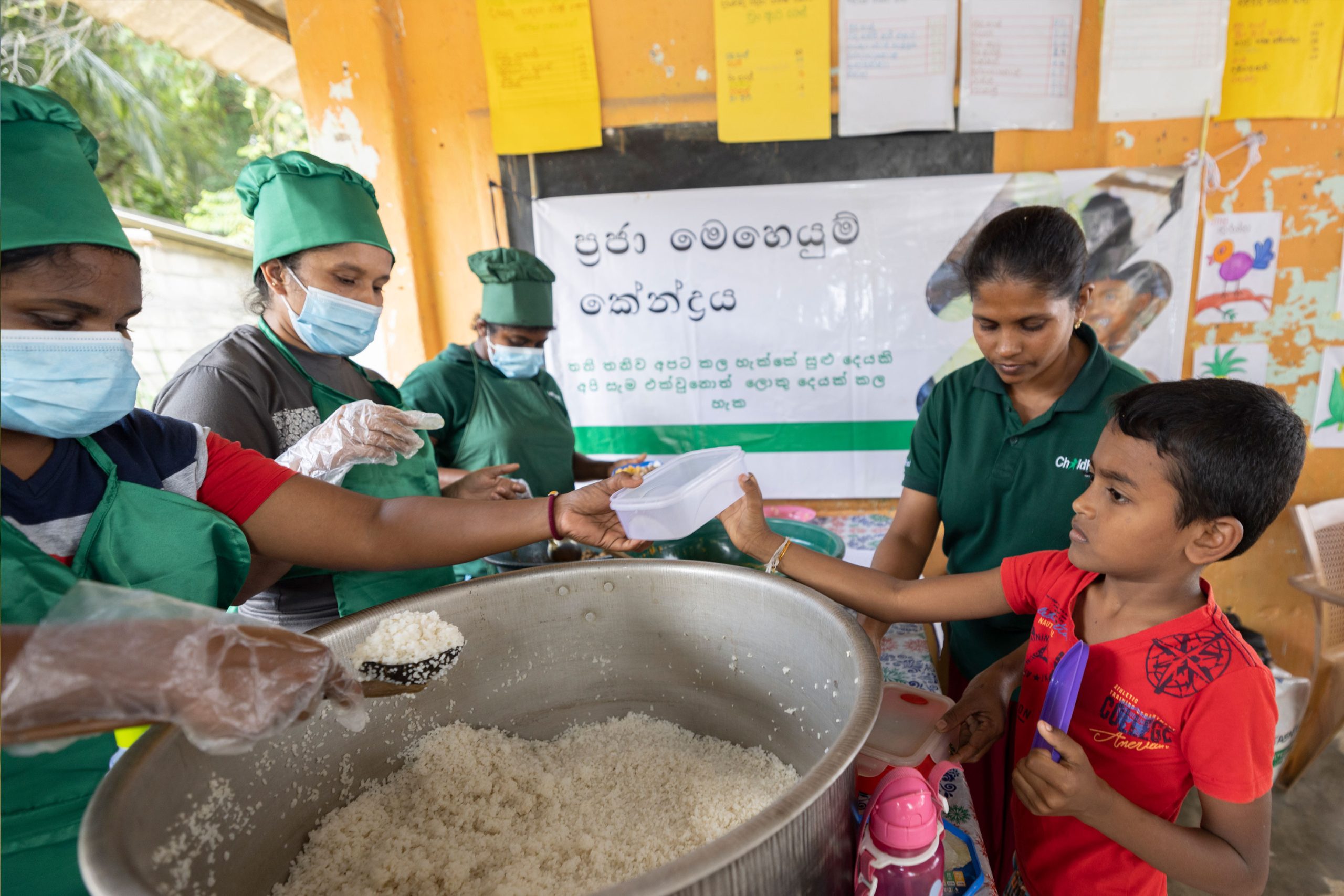
Making school accessible for all children
Fifteen-year-old Seila* (pictured below) from Battambang Province in Cambodia wants to be a teacher. “I want future generations, especially children living with a disability, to benefit from education like I have,” he said.
Seila has difficulty walking and sleeping because of pain in his hip. He developed a cyst on his hip when he was nine years old and while it was removed, the pain never went away.
Over time it prevented him from walking or riding his bike to school, a 10-kilometre journey from his home. Without alternative transport, Seila sometimes missed class and fell behind in his studies.
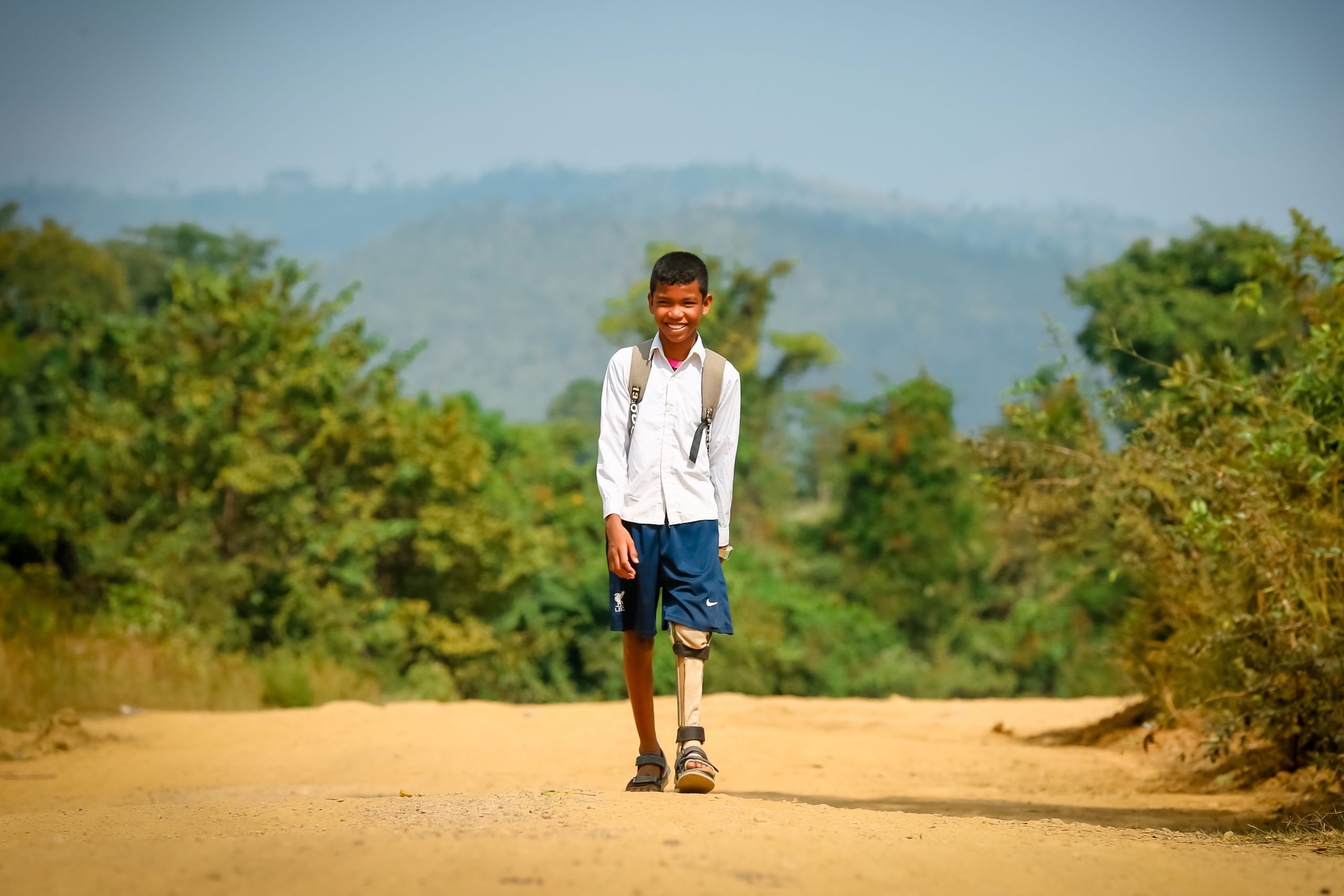
Children living with a disability are among the most marginalised groups in Cambodia and across the world. Negative social attitudes towards disability in communities often lead to children missing out on an education.
ChildFund Cambodia and local partners, Khmer NGO for Education and the Cambodian Disabled People’s Organization, are working with families and communities to improve the lives of more than 360 children living with a disability.
ChildFund has helped to provide disability aids and equipment, create inclusive learning environments, and change discriminatory attitudes towards disabilities. Teachers are learning how to include children who live with a disability in the classroom, and parents and community leaders are learning how to overcome social stigma and advocate for the needs of their children.
Stigma and attitudes towards disabilities in the community are now starting to change. “My friends know more about my disability and how to support me,” Seila said. “They encourage me to attend class every day. They tell me not to give up because I can achieve anything anyone else can.”
Seila’s community is leading the way on a Disability Empowerment and Education project supported by ChildFund. The project aims to provide children living with a disability with basic rights, including access to health care, education, and the opportunity to contribute to their community.
Thank you for creating a better world for children
We couldn’t do it without you!
